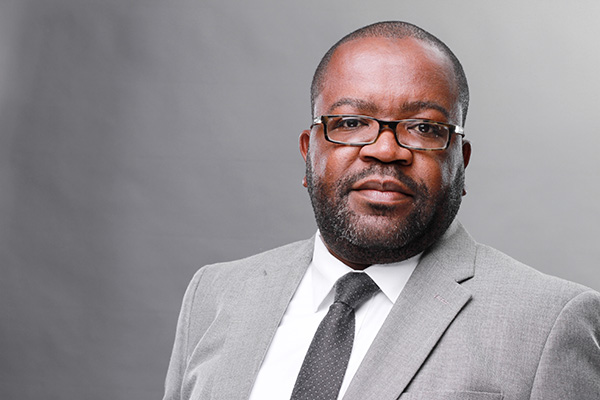Indigenous Ways of Knowing
Word count: 323
In reading Semali’s (2008) Cultural perspectives in African adult education: Indigenous ways of knowing in lifelong learning, the two things that kept coming to mind were: 1) the issue of labels in education and 2) the empowerment of indigenous groups to believe in the value their own knowledge.
To make sense of the world, all human beings participate in labeling or categorization. Shakespeare’s oft quoted phrase from Romeo and Juliet of “a rose by any other name would smell as sweet” aptly captures the problem, the need, and restrictiveness of labels. In Semali’s article, the author mentions the complimentary relationship between adult education, lifelong learning, informal education, and indigenous knowledge. I think situating indigenous knowledge and adult education in the informal realm of education taints them and attaches to them the characteristics attached to the labels. Informal education and Formal education are themselves problematic labels. Often what is considered formal education is valued more than what is categorized as informal. The diffusion of educational technology however, is slowly blurring the line between the two dichotomies.
With regards to the value of indigenous, (especially Afrikan indigenous knowledge) the charge appears to often be led by those (myself included) educated outside of the continent. Moreover the argument for indigenous knowledge seems designed to seek acceptance for this form of knowledge in western societies and not necessarily in empowering the indigenous populations. In other words, the Indigenous knowledge conversation seems to be a battle by indigenous originating scholars educated in western or western style institution to gain acceptance for their way of life. What is often missing however, is the decolonizing of the mind that is espoused by Wa Thiong’o (1986) and the empowerment by indigenous communities to stop looking outward and attach value to their own knowledge. It is one thing to argue for the acceptance of one’s value by others, it is another to argue for the respect of self and one’s own values
Semali, L. (2009). Cultural perspectives in African adult education: Indigenous ways of knowing in lifelong learning. Global perspectives on adult education, 35-52.

